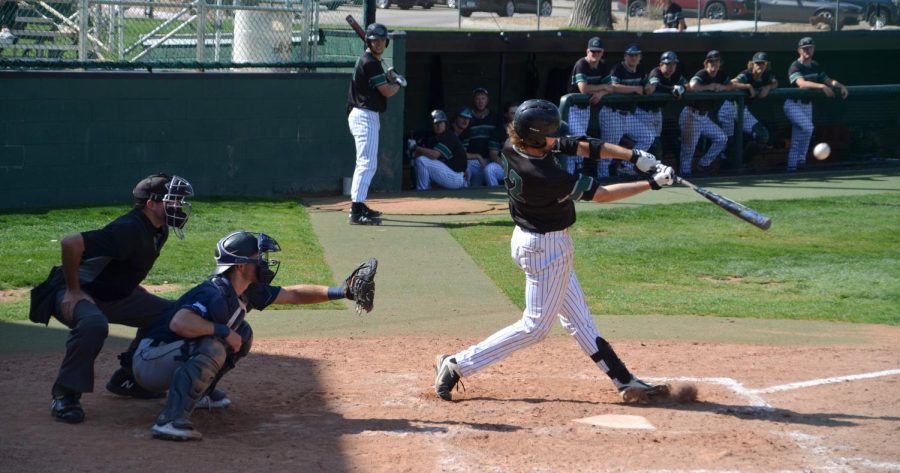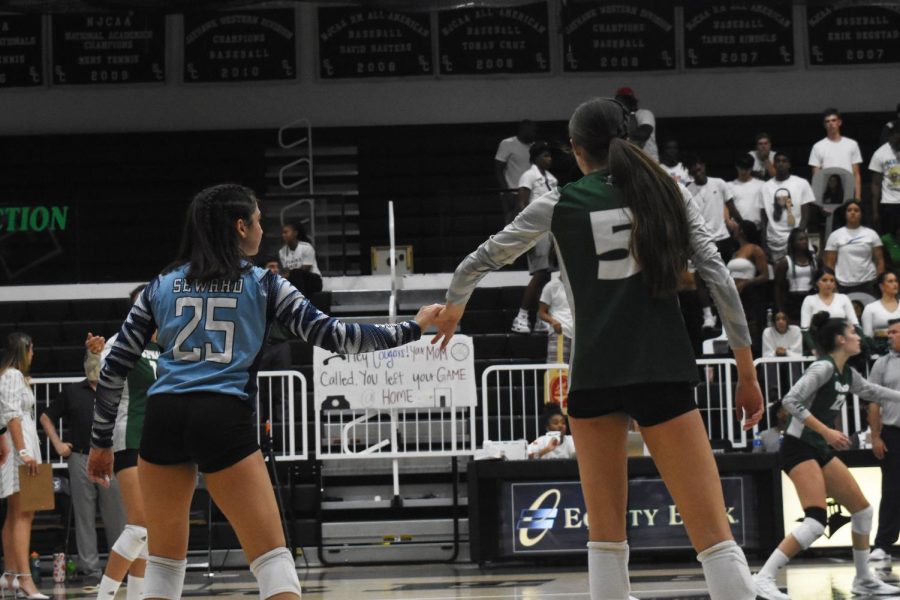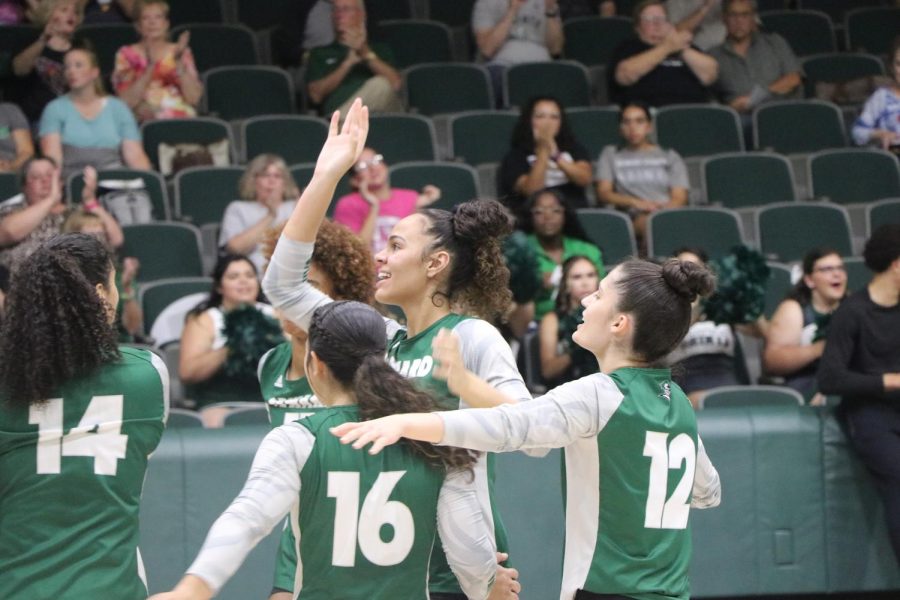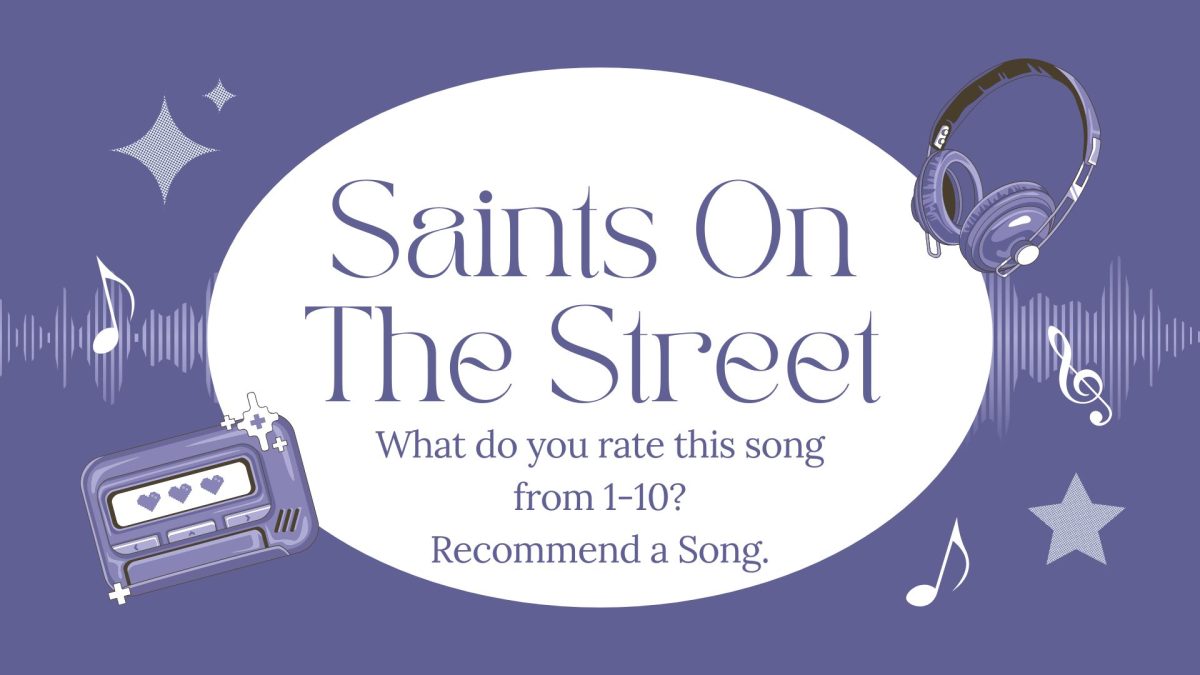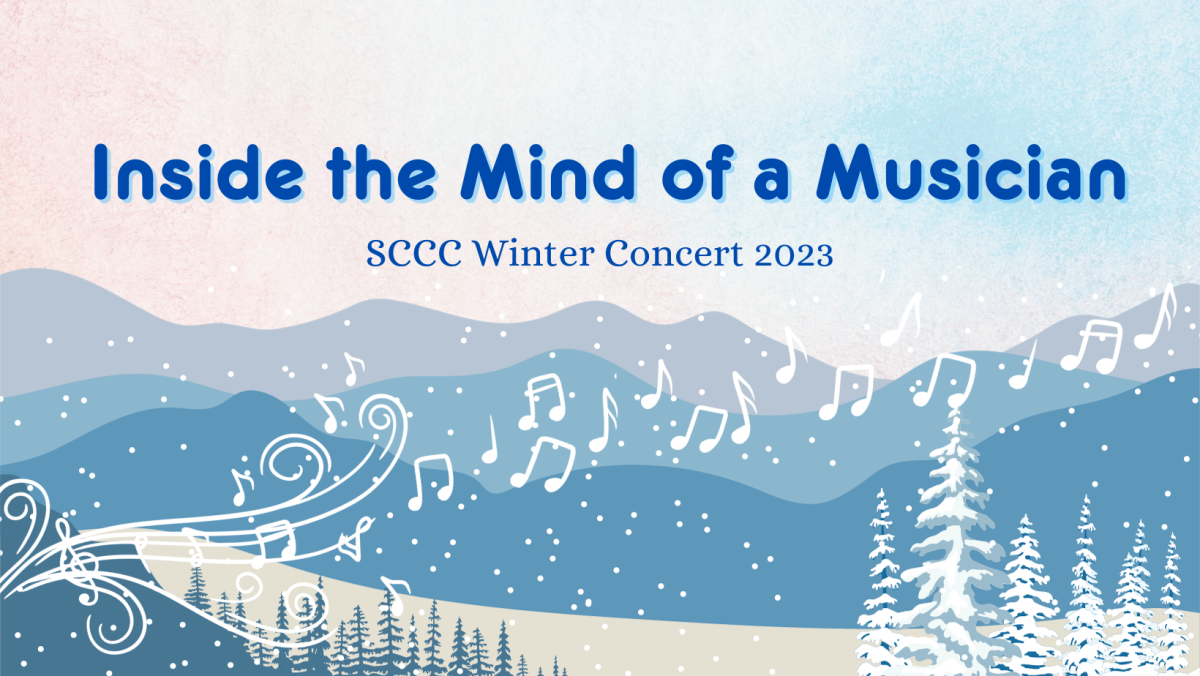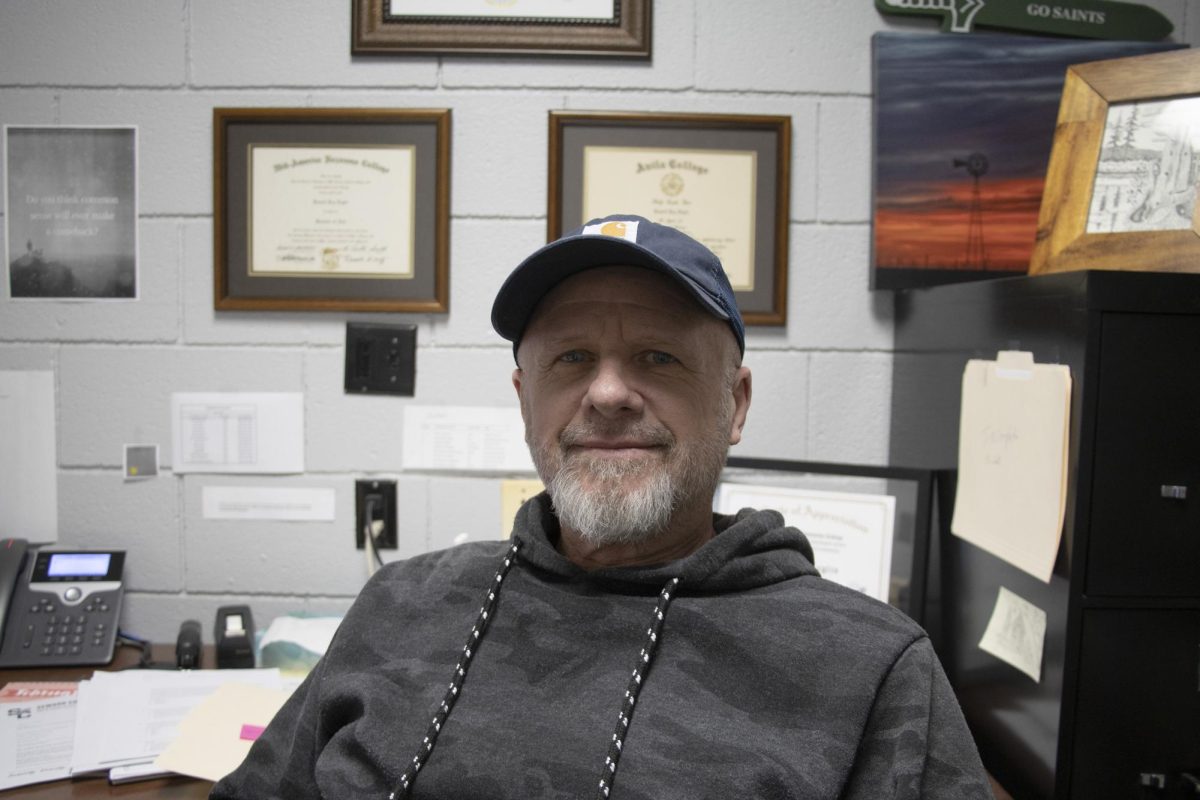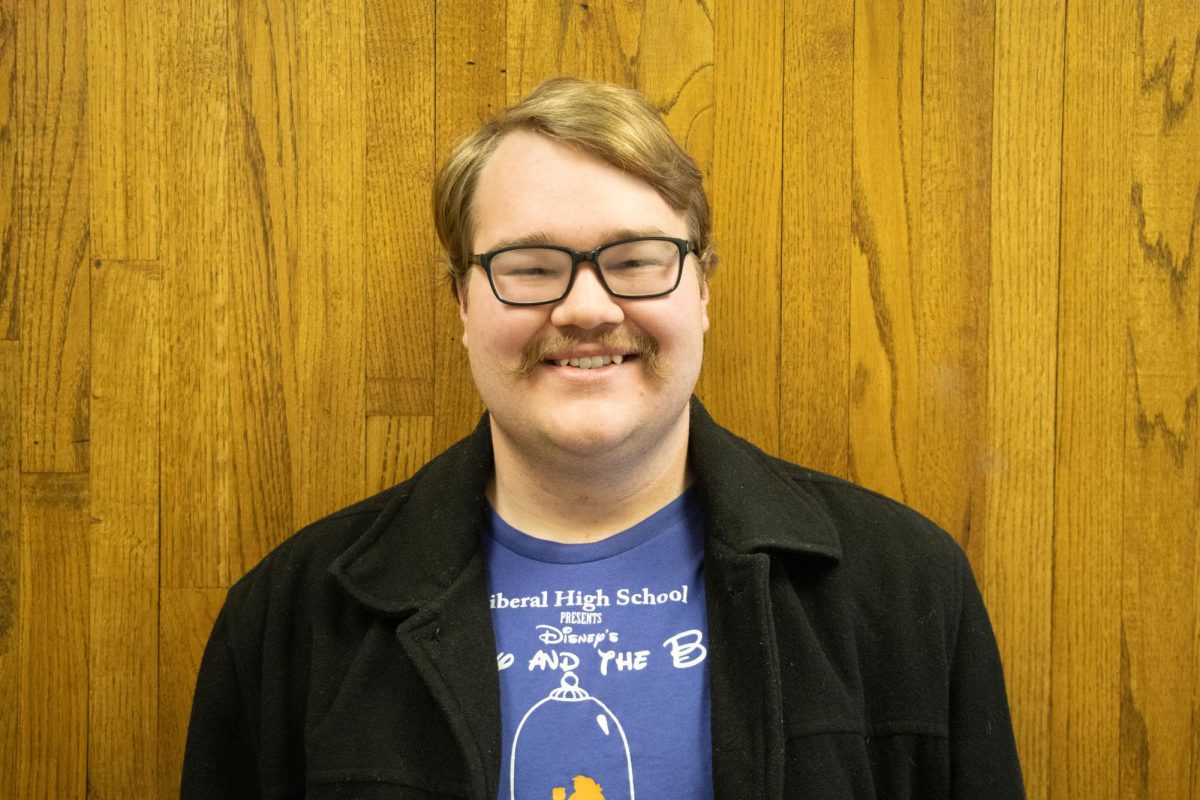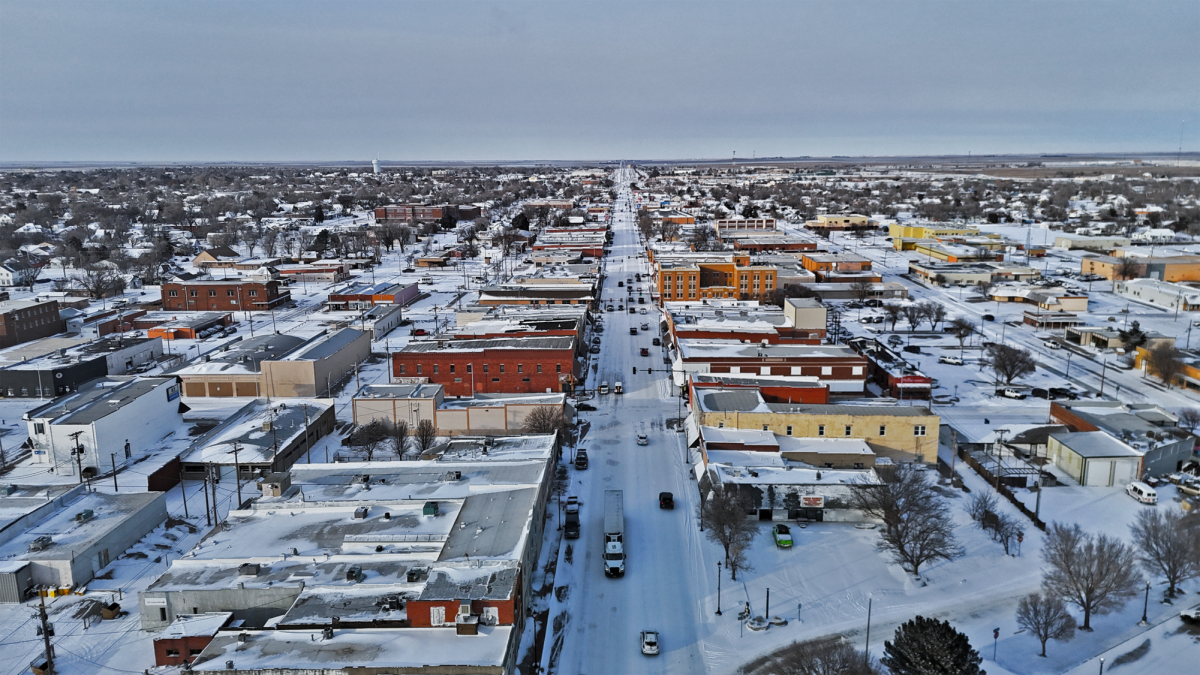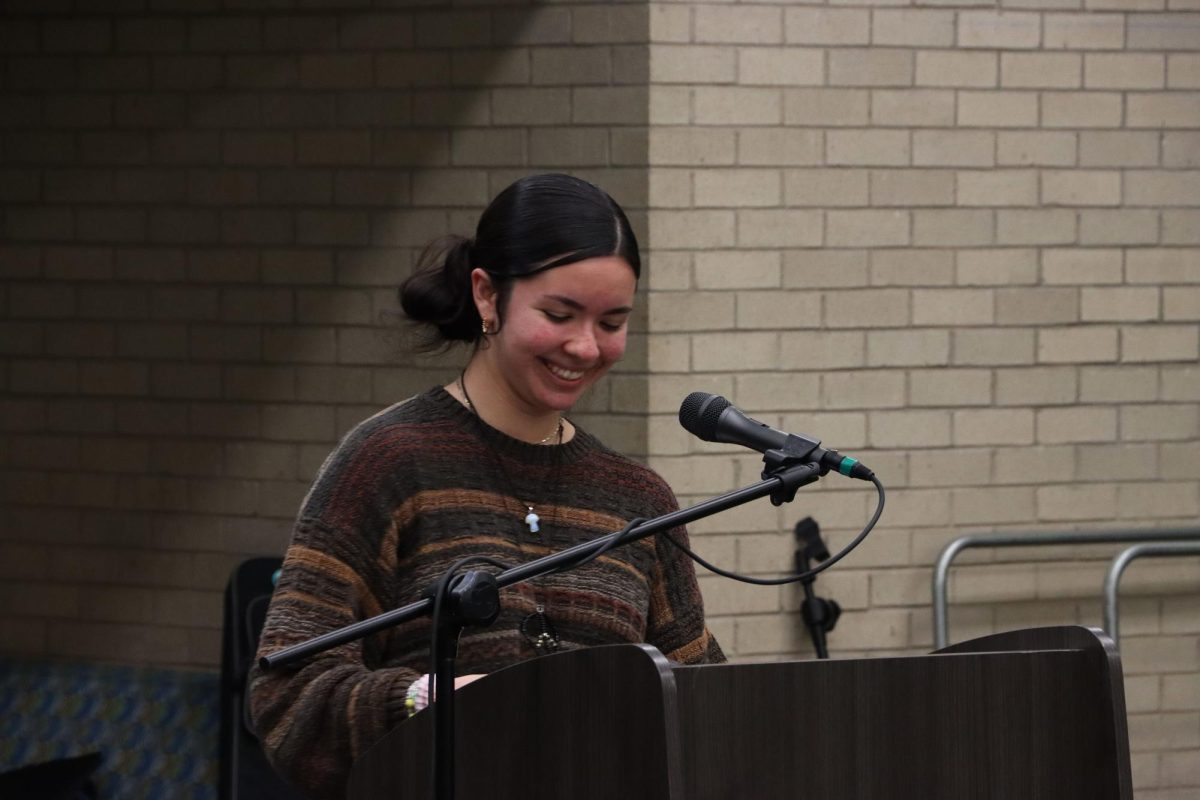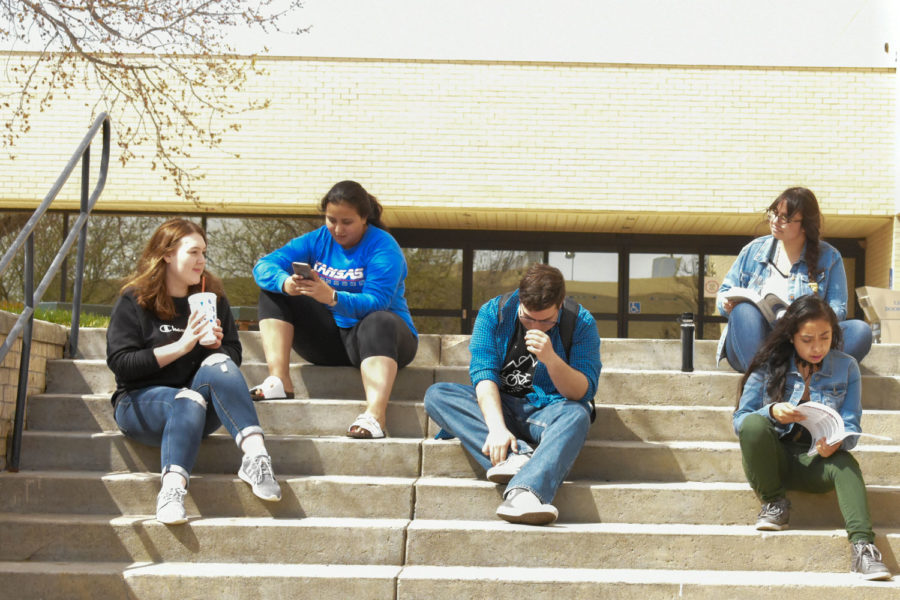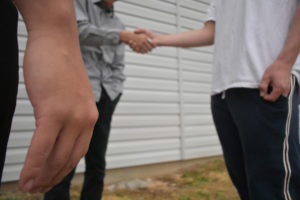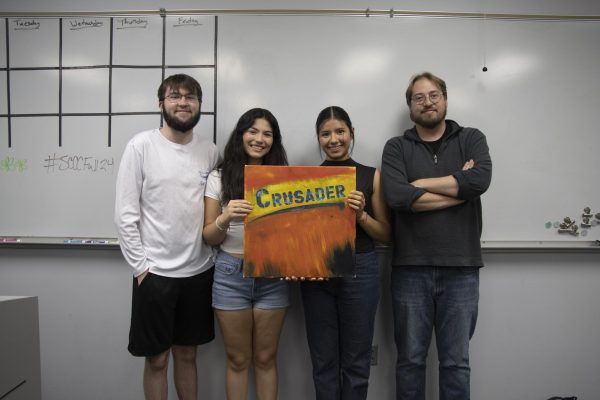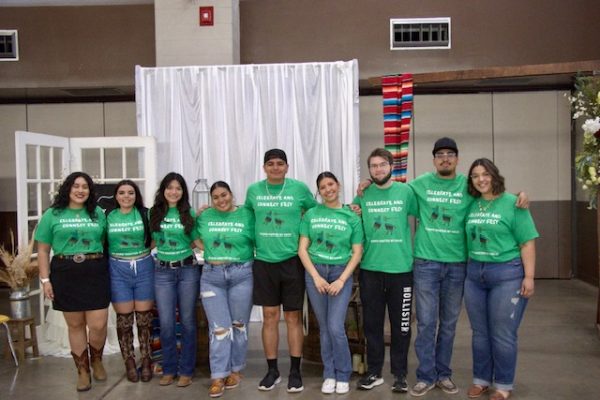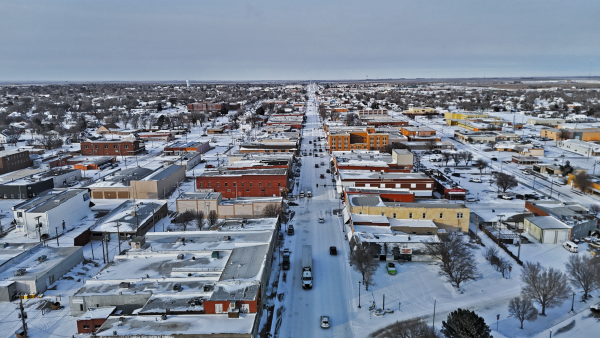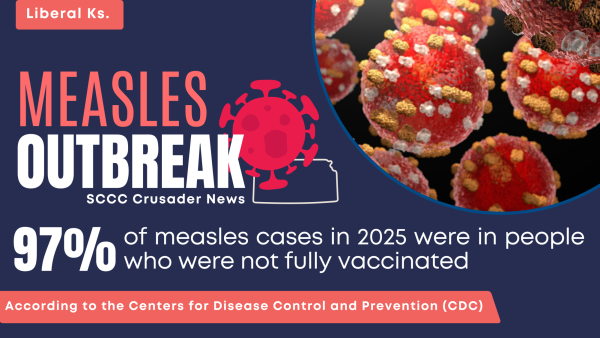SCCC sees two sides to privilege
Seward County Community College is a diverse campus at first glance. Statistics show that the overall student population is 48.62 percent white, 37.02 percent Hispanic and 11.05 percent other/unknown. (Photo Illustration)
Seward County Community College isn’t a place where you see too much of one race or ethnicity – it’s a diverse campus, much like the surrounding community.

Liberal is a predominantly Hispanic populated town, with a little bit of Asian, African and African-American people mixed in with some caucasian people. Basically, at the grocery store, the majority of the people seen are both white and Hispanic.
In Liberal, there is a population of 21,012 people. According to City-Data.com, 61.5 percent of the population consists of Hispanics while 30.3 percent is white. The rest of the stats break down to be 4.4 percent African-American, 3.3 Asian and .5 percent is American Indian.
With today’s political climate, race and privilege issues are seen in the media and talked about more and more daily. Columns and opinion pages talk of “white privilege” and define it as the idea that white Americans get certain benefits in society due to their skin color. These benefits might include getting jobs easier than others, higher salaries or getting more help than others.
Does SCCC reflect this same climate? Crusader News set out to find what privileges exist in a majority-minority environment like Seward.
On campus, it may not be a big discussion, but when it boils down to it, some students are aware of white privilege and some are not.
“White privilege is something inherent, you can’t do anything about it, you’re just given those privileges when you were born,” Kelyn Melendez, freshman astronautical engineering major, says.
What Privileges?
Acknowledging white privilege can be tough to do, especially when growing up in Liberal or southwest Kansas.
Freshman psychology major, Kelsey Ramsey, says she wants to acknowledge whether or not it is a thing so that if it is, “we can make a change.”
“I’m scared that I might be missing something that is causing other people pain,” Ramsey says. “Like, I want to know if white privilege is a thing here and even though I don’t see it if other people do and it hurts them. Then, I’d feel bad for not seeing it.”
Student after student acknowledged white privilege as existing in the world, but most, like sophomore nursing major, Freddie Sandoval, haven’t seen or experienced it in Liberal or on campus.
“I haven’t seen white privilege occur on campus. Of course, we’ve all seen instructors have their favorite student, but not white privilege. I’m sure it’s occurring in other parts but I haven’t seen it first hand,” Sandoval says.
Melendez counters by pointing out that just because students don’t see it happening on campus, that doesn’t mean it’s not there.
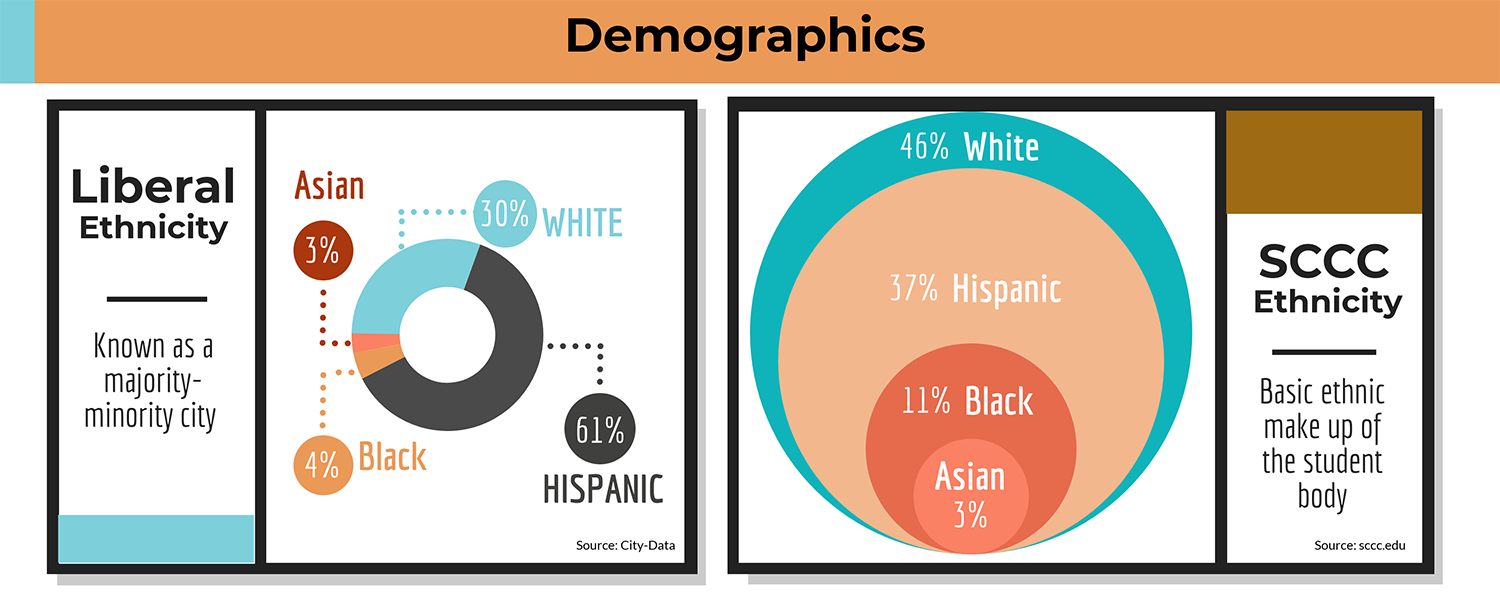
“There’s a certain stigma around being white. You can go into the store and feel safe and not worry about being followed or looked at a wrong way if you’re white,” Melendez says. “Or you would never ask, ‘Hey! How can you afford that car?’ to a white person just because they’re white. But, someone might assume that for a person of color just because of the stigma.”
White privilege is not something you can boil down to only one thing, though. White privilege comes with multiple degrees, whether that is socioeconomic status, skin color, location and more.
“You can even look at socioeconomic status. If you’re white and you’re high on ranks of socioeconomic status, you can have privilege. It’s not universal, it doesn’t apply to every white person in the United States, but everyone has their own degree of privilege,” Melendez says.
Hispanic privilege?
What happens when the situation is flipped? Do different races – other than white – have more privileges than others in a specifically diverse town such as Liberal? Is one more likely to see benefits given to those who are Hispanic, Asian or black even. On the SCCC campus, it is seen through clubs or scholarships.
“Because I’m rational, I’m willing to argue that other cultures get their privileges, too. Like HALO [Hispanic-American Leadership Organization]. If you were to only have a club like that but only for white people, everybody would think that’s weird,” Melendez acknowledges.
“Clubs like HALO do include other races and it’s a minority group, so I do understand that we are a minority and it makes sense that we stick together,” she adds. “But yeah, how shady would it look to make a club just for white people?”
Give your opinion by clicking on the photo to vote in the SCCC poll.
Apart from clubs Hispanic students can also benefit from scholarships offered to them because they are a specific race or age or they come from a completely different background.
“I think there are double standards. Such as scholarships, I have never seen a scholarship that’s only catered to white people but I do see multiple catered to Hispanics or people of color,” Melendez says.
For Deanna Martin, a Library Technician at SCCC, there are no scholarships offered to her because of her age and race. Martin is taking online classes through Emporia State University and has struggles to find scholarships.
“I don’t think white privilege exists because I was reared to believe that we are all created equal but I can’t say I have more advantages than others in Liberal either, because I don’t,” Martin says.
Maria Fe B. Laguitan, former SSS academic and career advisor, has had some students feel like they missed out on resources because their skin color was white.
“I feel that most of them think they are being forgotten just because they are white,” Laguitan says, adding that the college offers scholarships to anyone who qualifies. “If a student is feeling this way, I make sure to talk it out with them because someone will think that and ignite those feelings and then it can turn into something more hurtful.”
Laguitan suggests people feel this way because of the lack of cultural knowledge between races.
“It’s good to know what is outside America before someone can say something about people of color,” she says. “But do I think that white privilege is absent in Liberal? For the most part, yes. Because most Hispanics live here and they all talk Spanish amongst each other.”
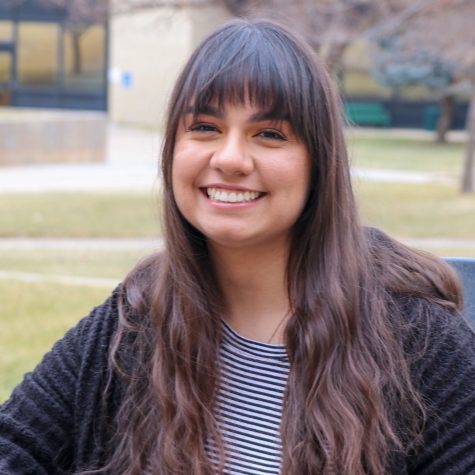
Annette Meza is a sophomore journalism major. She is 19 years old and was born and raised in Liberal. In her free time, she...
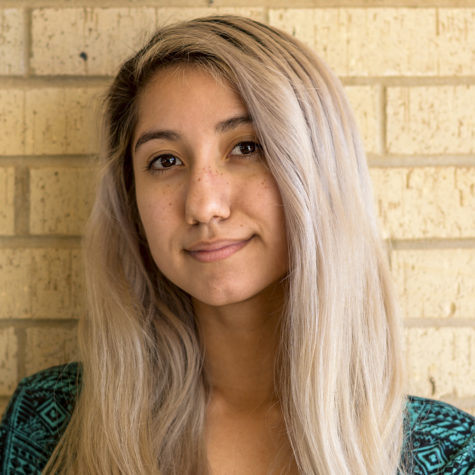
Daniela Carmona is a full-time student with three dogs and a turtle. One of her favorite hobbies is photography. She wants...


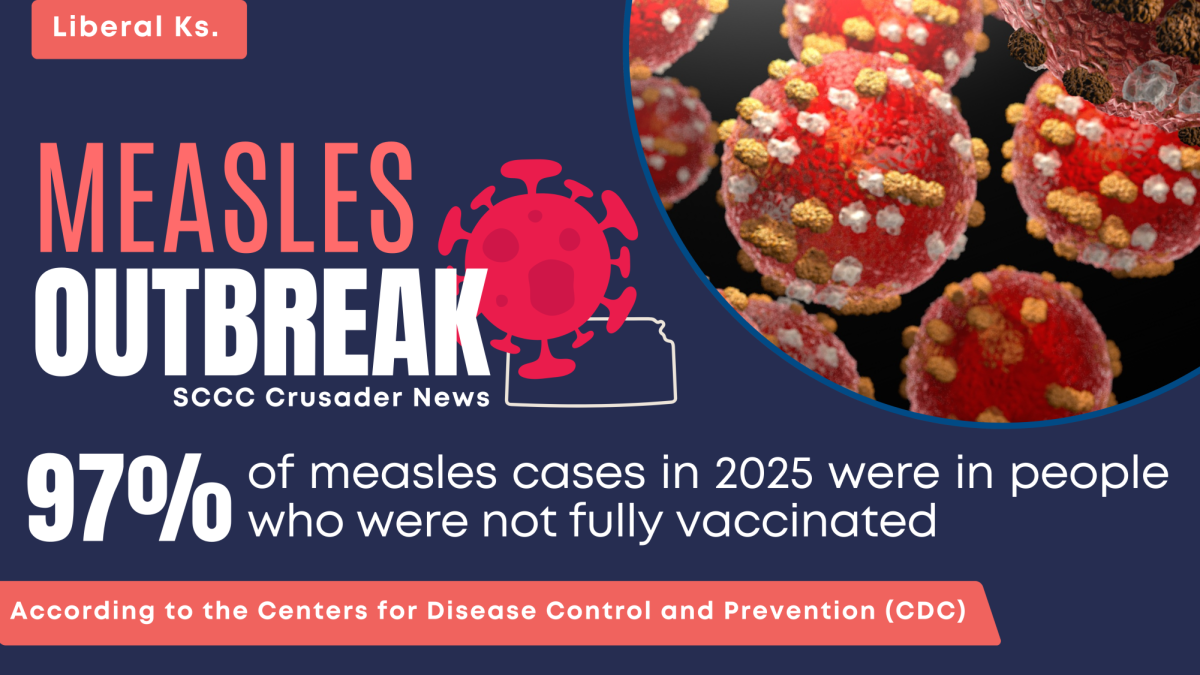
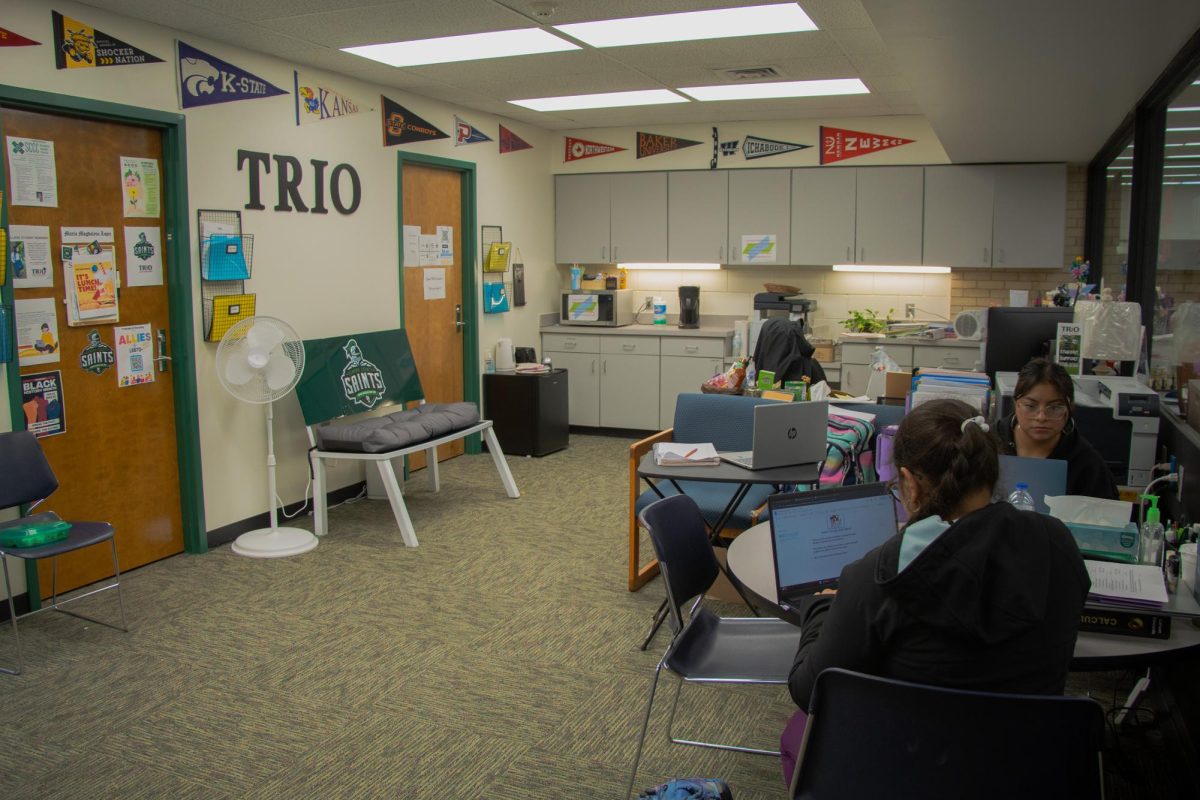

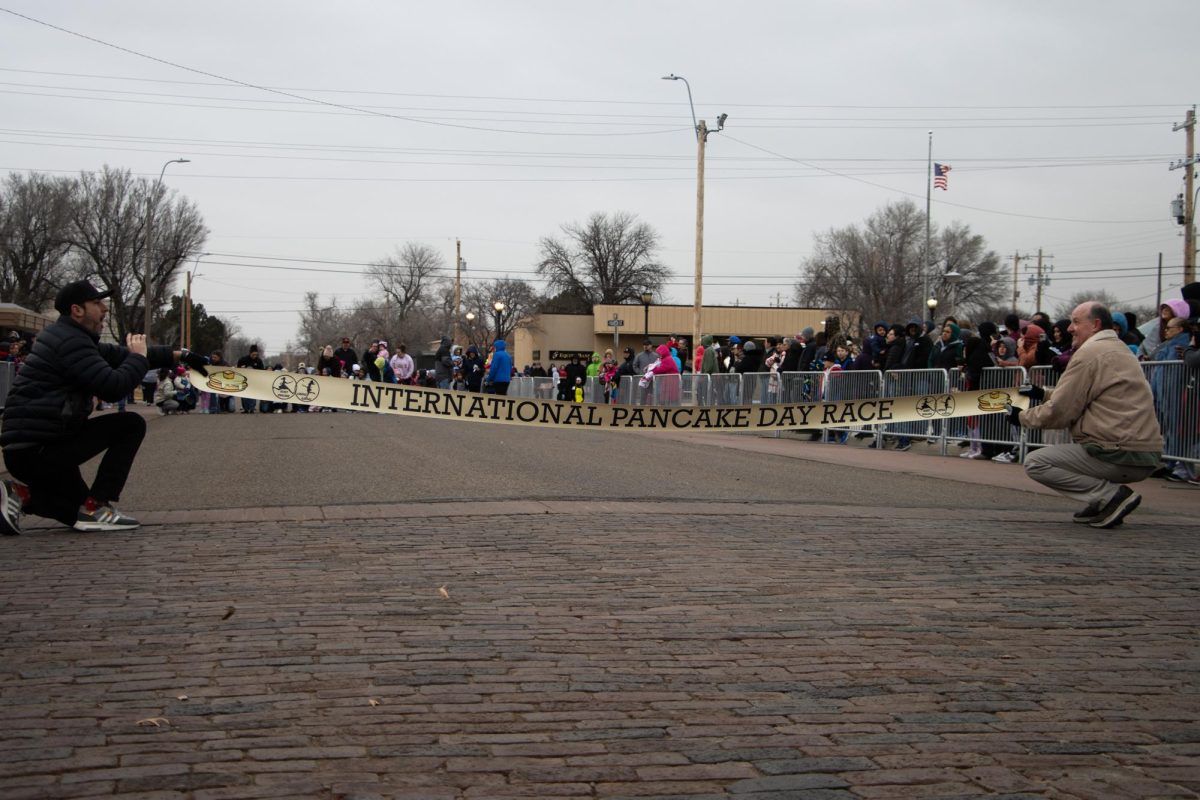








![The sophomores were recognized on the field instead of walking across the stage during their doubleheader. They received their diplomas and a picture of themselves playing during their career at Seward. [Pictured left to right are Dylan Day, Reed Thomas, Jase Schneider, Mason Martinez, Gannon Hardin, Brody Boisvert, and Zach Walker]](https://crusadernews.com/wp-content/uploads/2022/05/WEBDSC_0275-900x454.jpg)
